Patrick Butler
Lessons from Deep Learning applied to Scholarly Information Extraction: What Works, What Doesn't, and Future Directions
Jul 08, 2022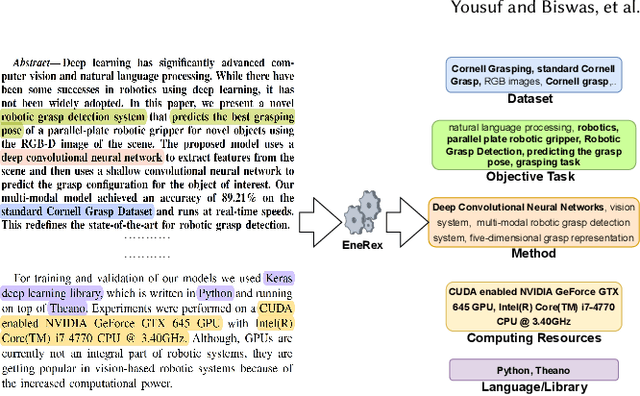

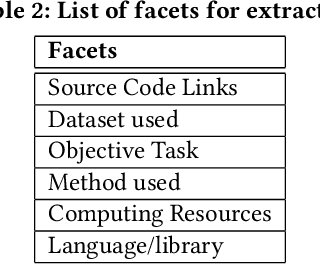
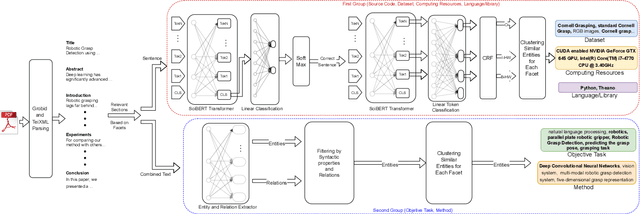
Abstract:Understanding key insights from full-text scholarly articles is essential as it enables us to determine interesting trends, give insight into the research and development, and build knowledge graphs. However, some of the interesting key insights are only available when considering full-text. Although researchers have made significant progress in information extraction from short documents, extraction of scientific entities from full-text scholarly literature remains a challenging problem. This work presents an automated End-to-end Research Entity Extractor called EneRex to extract technical facets such as dataset usage, objective task, method from full-text scholarly research articles. Additionally, we extracted three novel facets, e.g., links to source code, computing resources, programming language/libraries from full-text articles. We demonstrate how EneRex is able to extract key insights and trends from a large-scale dataset in the domain of computer science. We further test our pipeline on multiple datasets and found that the EneRex improves upon a state of the art model. We highlight how the existing datasets are limited in their capacity and how EneRex may fit into an existing knowledge graph. We also present a detailed discussion with pointers for future research. Our code and data are publicly available at https://github.com/DiscoveryAnalyticsCenter/EneRex.
Using AntiPatterns to avoid MLOps Mistakes
Jun 30, 2021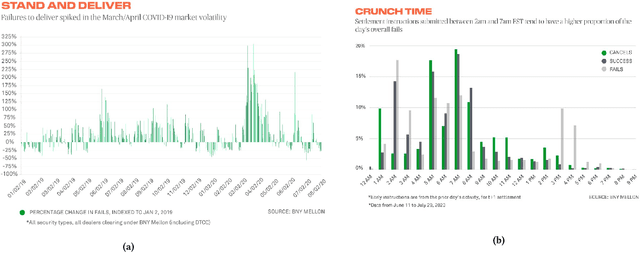
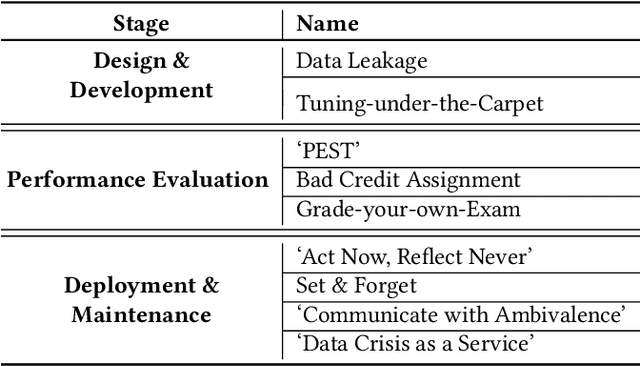
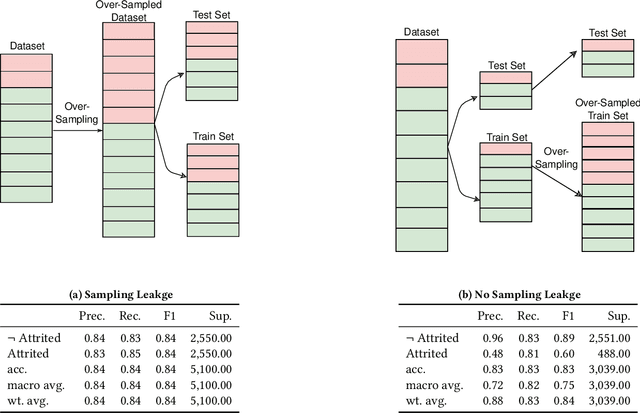
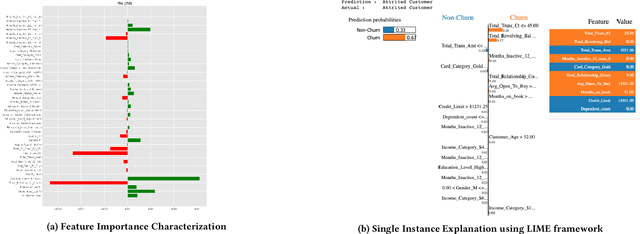
Abstract:We describe lessons learned from developing and deploying machine learning models at scale across the enterprise in a range of financial analytics applications. These lessons are presented in the form of antipatterns. Just as design patterns codify best software engineering practices, antipatterns provide a vocabulary to describe defective practices and methodologies. Here we catalog and document numerous antipatterns in financial ML operations (MLOps). Some antipatterns are due to technical errors, while others are due to not having sufficient knowledge of the surrounding context in which ML results are used. By providing a common vocabulary to discuss these situations, our intent is that antipatterns will support better documentation of issues, rapid communication between stakeholders, and faster resolution of problems. In addition to cataloging antipatterns, we describe solutions, best practices, and future directions toward MLOps maturity.
 Add to Chrome
Add to Chrome Add to Firefox
Add to Firefox Add to Edge
Add to Edge